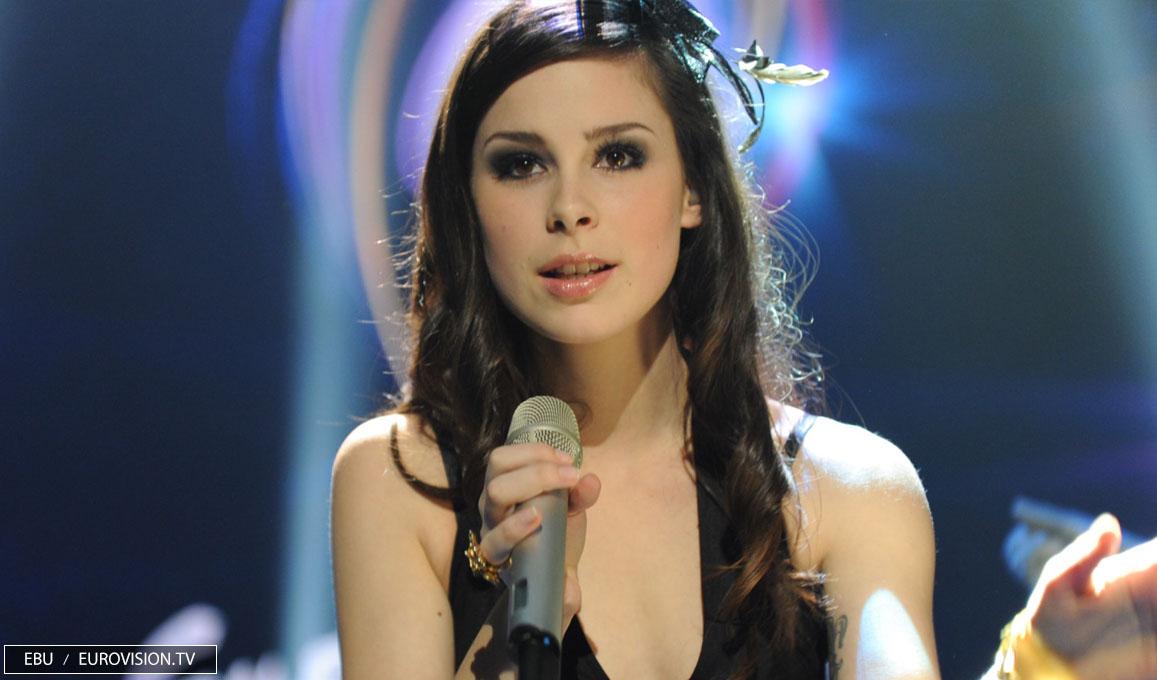
Lena Meyer-Landrut, Eurovision 2010 winner for Germany, has been absent from the stage and social media for a year due to significant health issues.
Lena Meyer-Landrut, the winner of Eurovision 2010 and Germany’s representative again in 2011, has not been seen in public nor posted on social media for an entire year—a fact that has caused considerable concern among the Eurovision community and fans both in Germany and around the world. According to the latest update from her manager, Lena’s absence is due to serious health reasons, following the cancellation of a summer tour last year and several emergency hospitalizations caused by acute pain.
Lena’s Impact and Cultural Resonance
While Germany remains a focal point in Eurovision with enormous audiences, Lena’s absence is keenly felt: from social media follower reactions to professional discussions among music industry experts. In many ways, her story brings to the forefront ongoing issues such as pressure, mental health challenges, and the burdens faced by stars thrust suddenly into an intense international spotlight. Both Eurovision fan forums and industry publications have highlighted the cultural power of Lena’s victory; her 2010 win marked a revolutionary turn for Germany’s image and musical influence in Europe. The song “Satellite,” with which she won, is still recognized as a record-breaker, topping charts and playlists to this day.
Behind the Persona: Lena, Competition and the Challenge of Fame
At just 19, Lena achieved instant stardom by winning Eurovision in Oslo with “Satellite,” amidst a dramatic surge of unprecedented public attention. She represents not only a meteoric pop career but also the evolving face of the Eurovision Song Contest. Over the past year, fans on EuroMix and in international discussion groups have shared emotional reflections on her influence; for many, her absence underscores the steep price of fame and the community’s anticipation for any sign from her only magnifies the sense of loss. Germany’s victory was doubly significant—on the one hand, heralding a new era of musical, production, and technological modernization; on the other, exposing the challenges awaiting those who win. The relentless exposure, creative pressure to produce follow-up hits, and the responsibility of shaping the country’s musical image to critical scrutiny often exact a heavy personal toll.
Records, Trivias, and Unconventional Angles
Lena’s win is still widely considered one of the most stunning upsets in Eurovision history, turning Germany overnight from a perennial underdog to a symbol of renewal. “Satellite” scored 246 points—a feat that sparked massive celebrations in Berlin and set viewership and engagement records on social media. The focus on authenticity and musical daring, rather than extravagant stage productions, rewrote the playbook and inspired a new wave of singers to take the “simple yet personal” approach.
Between Memory and Hope: Lena’s Human Story
Lena’s prolonged absence leaves a genuine void in the Eurovision community, but also shines a necessary spotlight on the deepest questions of mental health, public pressure, and the right to privacy—issues relevant not only to former Eurovision contestants but to every celebrity today. Conversations with longtime fans reveal a recurring sentiment: perhaps Lena’s quiet return—whenever and however she chooses—will mark her true moment of triumph.
Germany at Eurovision 2025:
“Baller” (in English: “Shooter”) is the title of the song performed by duo Abor & Tynna, who represented Germany at the Eurovision 2025. The pair finished 15th in the Grand Final with a total of 151 points. The public televote ranked them 11th, while the professional juries placed them 13th.
This marks the second consecutive year in which Germany has achieved a relatively successful Eurovision result, avoiding the bottom of the scoreboard. Last year, singer Isaak secured 12th place in the Grand Final with his song “Always on the Run”.
Eurovision 2025: This was Germany’s 68th participation in Eurovision. Germany joined the competition in 1956, was one of the seven founding countries, and has won twice over the years. Germany’s last victory was in Eurovision 2010 with the song “Satellite” performed by singer Lena Meyer-Landrut.

Email: [email protected]
Phone: +972-50-9441919
Tal Dahan – Journalist, radio broadcaster, and Eurovision content creator.
Tal Dahan is an Israeli journalist and editor specializing in the Eurovision Song Contest, working with the EuroMix editorial team for four years. Since 2022, she has provided regular on-site coverage of Eurovision from the host city, and from 2023 has also reported directly from the press room—offering the Israeli audience live updates, exclusive interviews, and in-depth commentary.
Tal is a member of the Eurovision tribute and parody band “EuroFalsh,” a radio broadcaster, and a student of political science and communications.
She is considered one of Israel’s leading young Eurovision experts. In addition to covering the main contest, Tal has reported from Eurovision pre-parties and national selection events across Europe (in Thessaloniki, Stockholm, Madrid, and more), been interviewed by major media outlets in Israel and internationally, and presented Eurovision-themed podcasts and radio shows.

